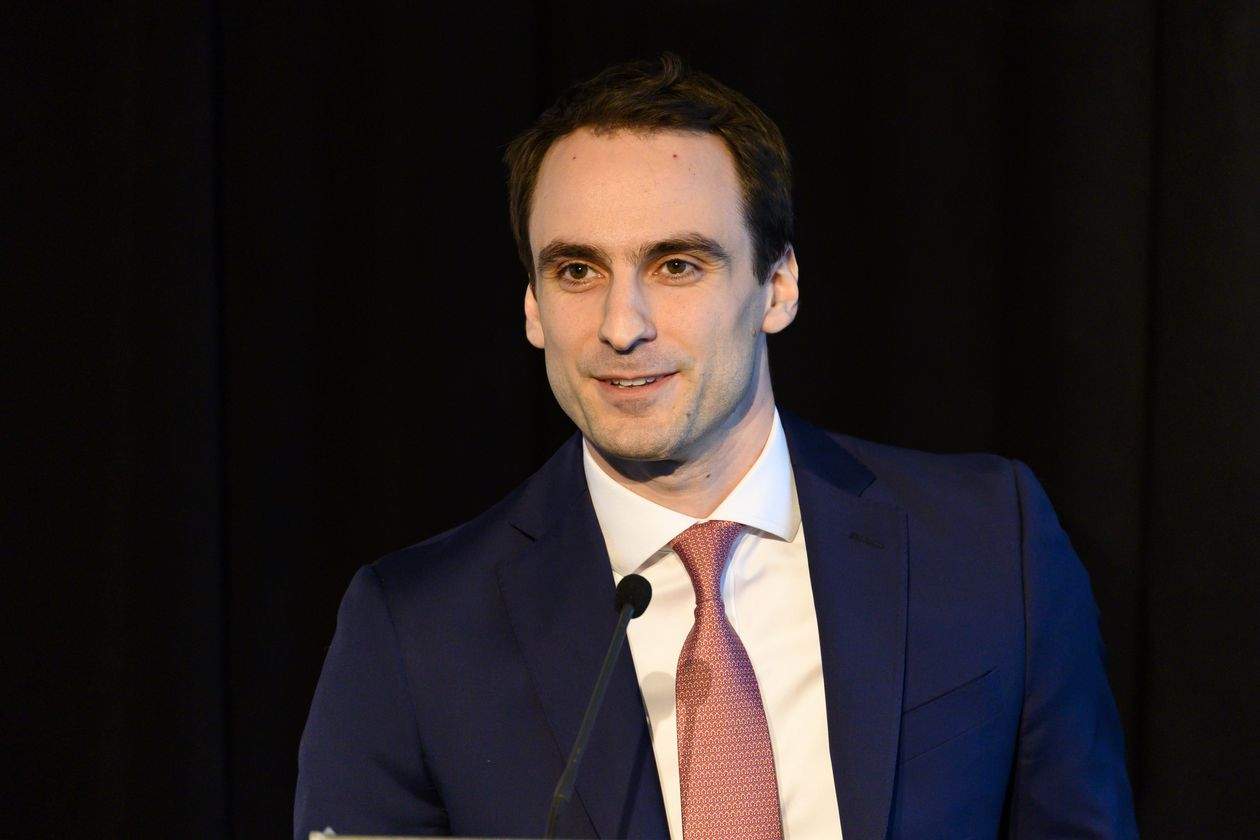White House Announces $1 Billion Plan to Create AI, Quantum Institutes

The White House on Wednesday will announce that federal agencies and their private sector partners are committing more than $1 billion over the next five years to establish 12 new research institutes focused on artificial intelligence and quantum information sciences.
The effort is designed to ensure the U.S. remains globally competitive in AI and quantum technologies, administration officials said.
The National Science Foundation and other federal agencies including the U.S. Department of Agriculture will invest $140 million in seven institutes focused on AI, while the Energy Department will supervise and invest $625 million in the five institutes focused on quantum information sciences, which includes quantum computing.
The DOE’s investment will be matched by $300 million in private contributions, part of which comes in the form of technology-services donations from International Business Machines Corp., Microsoft Corp., and other companies.
The news comes on the heels of the Trump administration’s proposal to spend about 30% more in the 2021 nondefense budget for artificial intelligence and quantum information science.
It also coincides with competitive pressure from China and other countries that are investing in these emerging technologies. China is adopting AI at a faster rate than the U.S. and the European Union, according to a 2019 report released by the Center for Data Innovation, a nonpartisan research institute.
“It is absolutely imperative the United States continues to lead the world in AI and quantum,” said U.S. Chief Technology Officer Michael Kratsios. “The future of American economic prosperity and national security will be shaped by how we invest, research, develop and deploy these cutting edge technologies today.”
The AI institutes will research how technologies can be used in areas such as precision agriculture, weather forecasting and more. The institutes will be hosted by universities across the country: the University of Oklahoma, the University of Texas at Austin, University of Colorado, University of Illinois at Urbana-Champaign, University of California, Davis, and the Massachusetts Institute of Technology.
The quantum institutes will focus on areas including quantum computing and networking. The work will be hosted at the Energy Department’s Argonne, Brookhaven, Fermilab, Oak Ridge and Lawrence Berkeley national laboratories.
Among the institutes’ objectives is to conduct early research in areas the private sector is less likely to invest in but which the administration considers important for the nation’s competitive position. For instance, one of the AI institutes will work on developing AI-enabled tools that can advance the discovery and manufacturing of new bioactive compounds.
The institutes also will serve as a training ground for the next generation of experts in AI, and the White House sees them as a way to promote diversity in the sector.
“At least six minority serving institutions, including historically black colleges and universities like Tuskegee University, are among the partners,” said NSF Director Sethuraman Panchanathan. “In this way, we are establishing a network that we hope expands to involve not only every state, but every segment of our society.”
the taxpayer-funded investments are already part of the budgets of participating federal agencies, a White House spokeswoman said.
Photo: U.S. Chief Technology Officer Michael Kratsios (above). Federal agencies will commit more than $1 billion over the next five years to to establish 12 new research institutes focused on artificial intelligence and quantum information sciences. - PHOTO: MICHAEL BROCHSTEIN/ZUMA PRESS




